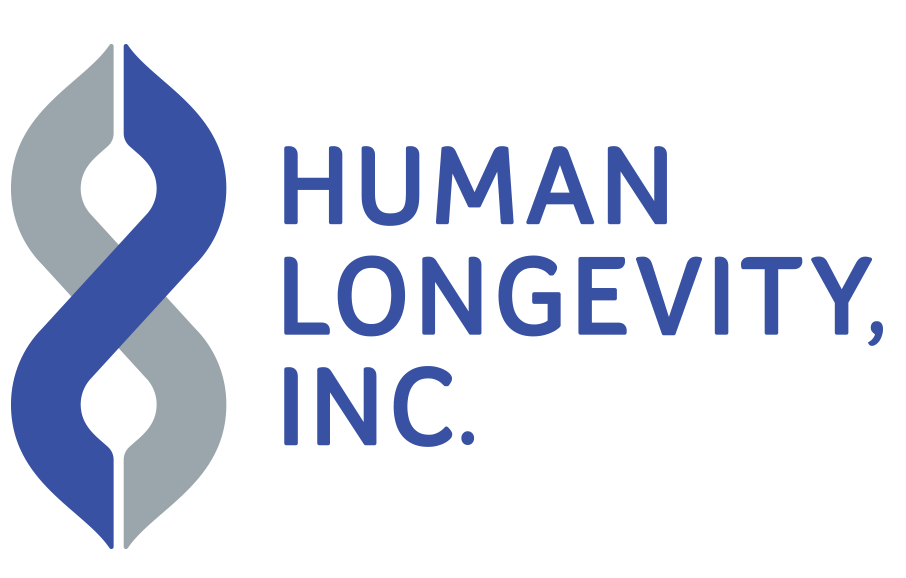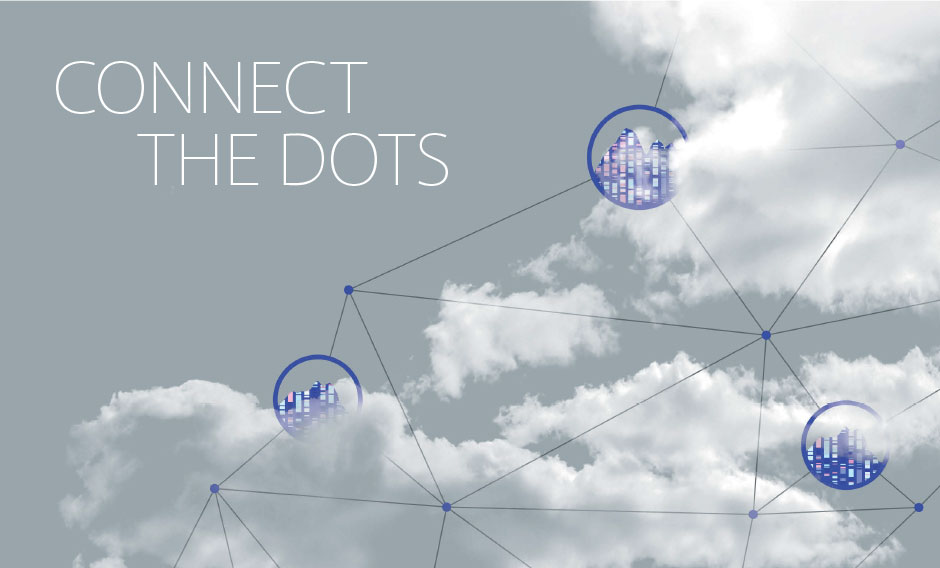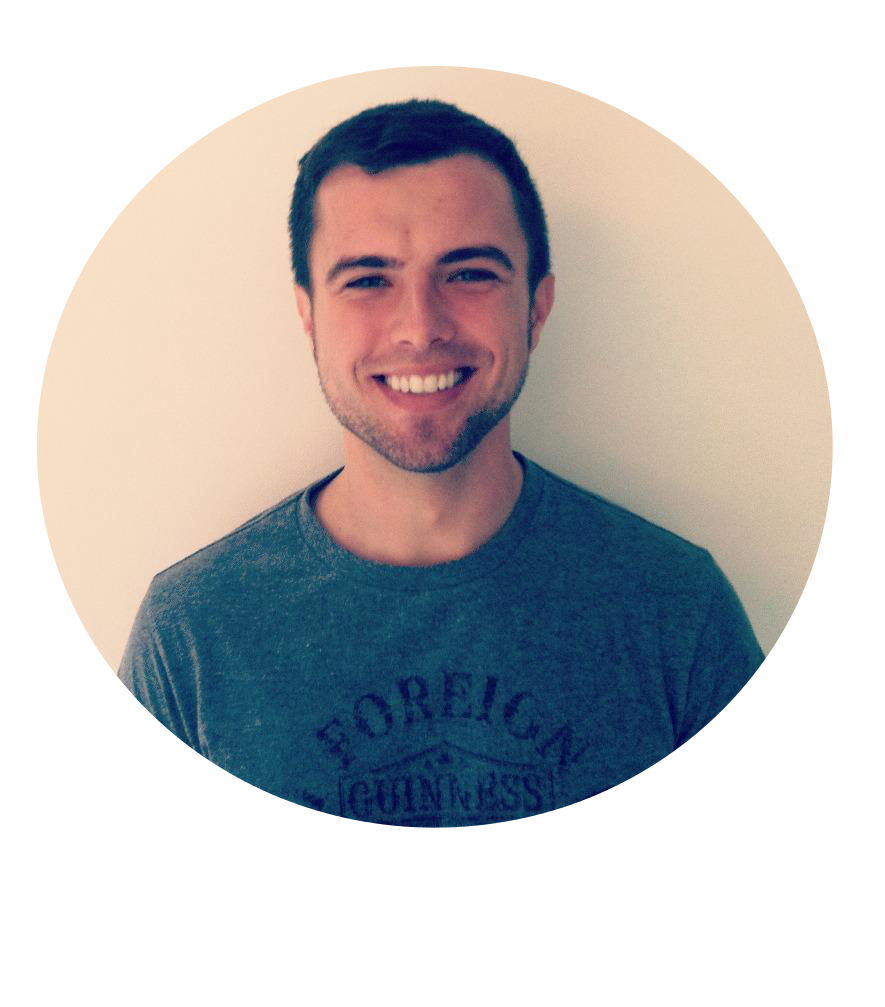It has been nearly a year since I decided to forego a post-doctoral research position in favor of applying directly to jobs in biotech. I am so happy I did!! Let me tell you why :)
Choosing a path after graduation
During my PhD, I focused heavily on developing statistical, computational, and subject matter-specific skills that would 1.) allow me to meaningfully contribute to improving human health; and 2.) give me and my family a broad range of options going forward. At the end of my training, it felt like all that hard work had paid off. I had a number of enticing job offers in front of me, but one stood head and shoulders above the rest. Human Longevity Inc. (HLI) offered me the chance to work in a vibrant, health-focused research environment, empowered by abundant and mutually reinforcing institutional resources. My job would be to work as part of a diverse team of software engineers, machine learning experts, and bioinformaticians to translate years of progress in the basic sciences into improved and extended quality of life for, say, my Mom and Dad. Oh, and we’d have more next-generation sequencing data than the rest of the world combined! I felt like I had the chance to actually help build the clinical sequencing revolution. I couldn’t pass up that opportunity. 
Looking back after eight months on the job
When I interviewed last Fall, HLI was just booting up and had I think 20 employees or so. There was a sense of promise and potential, but also a fair number of day-to-day headaches. We didn’t yet have our data infrastructure build, so there was a great deal of redundant grunt work to cleanse data, reconcile file formats, etc. There were also only three people in our Mountain View office when I joined, so it was also just a little too quiet.
Today, HLI is approaching 120 employees. In the Mountain View office, we now have 15 research scientists, with two more starting on Monday. Much of our data analysis infrastructure has come together, and it’s now straightforward to run an association study on anything from cardiovascular disease to Alzheimers to aging using data from a diverse array of sources. There are still plenty of “big data” problems to work out, but that’s part of the fun! In the meantime, we’re already uncovered some publishable results that could eventually help patients.
Conclusions
I’m more excited each day about what I get to do for a living. At the same time, I’m realistic. I don’t expect my job to be some kind of intellectual paradise that can substitute for living a well-balanced life. Work almost inevitably includes plenty of frustrations and set-backs. The key thing for me is that at the end of the day, it all feels worth it. Right now, I feel like I’m devoting these years of my life to work as a valued member of a team towards projects that could prevent or heal human suffering in a lasting way. It hasn’t been all candy canes and rainbows, but the joy and fulfillment outweigh the struggle. I enjoy what I do, frustrations and all.
p.s. If you’re interested in this kind of work, we’re hiring for both career and fellowship positions!

